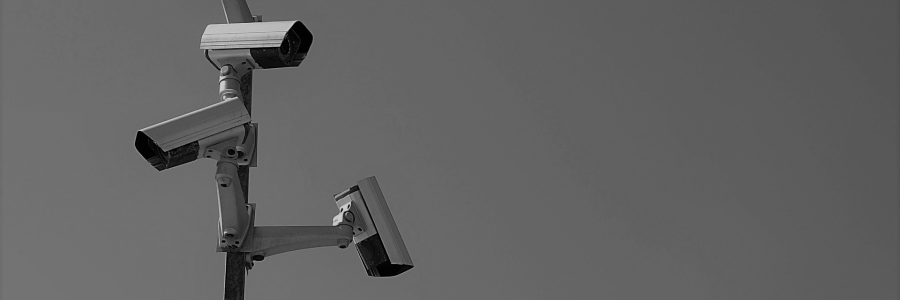Workplace surveillance: what should the employer remember? | PRO HR Press
2020.08.20

It has been over two years since the new legal solutions of workplace surveillance were introduced in Poland. Therefore, it is a good moment to revise specific regulations that have been introduced and how they are used in practice.
The Polish legislator allowed the use of only open surveillance. There are no legal grounds to conduct covert surveillance. However, the European Court of Human Rights allowed the use of covert surveillance to a limited extent (judgment of 17 October 2019 in the case of López Ribalda and others v. Spain (application no. 1874/13)).
Moreover, the Polish legislator allowed the use of surveillance only to achieve the enumerated goals. In the case of video surveillance, the employer may use it if it is necessary to:
- ensure the safety of employees or
- protect the property, or
- control the production, or
- keep confidential the information, the disclosure of which could harm the employer.
However, in the case of e-mail surveillance and other forms of surveillance – if it is necessary to ensure work organization that allows full use of working time and proper use of the work tools provided to the employee.
The above solution, understandably, aims to protect employees against too far-reaching surveillance by the employer. However, it seems that it does not cover all cases in which, from the employer's point of view, workplace surveillance should be used. For example, it is not possible to monitor an employee's e-mail to protect confidential information, the disclosure of which could expose the employer to damage.
It should be remembered that the employer has an obligation to inform employees about:
- introduction of workplace surveillance,
- purpose,
- scope and
- how the surveillance is applied.
These obligations are both collective – information addressed to all employees, and individual – information addressed to a specific employee.
It also cannot be forgotten that the employee, in case of workplace surveillance, is protected not only by the provisions on the protection of personal data or personal rights, but also by criminal law.
The unlawful use of surveillance by the employer may even be considered a crime defined in Art. 267 of the Criminal Code, which is punishable by a fine, restriction of liberty or imprisonment for up to two years.
More in the article by Agnieszka Anusewicz "Workplace surveillance: form requires certain requirements before introduction" for Rzeczpospolita.